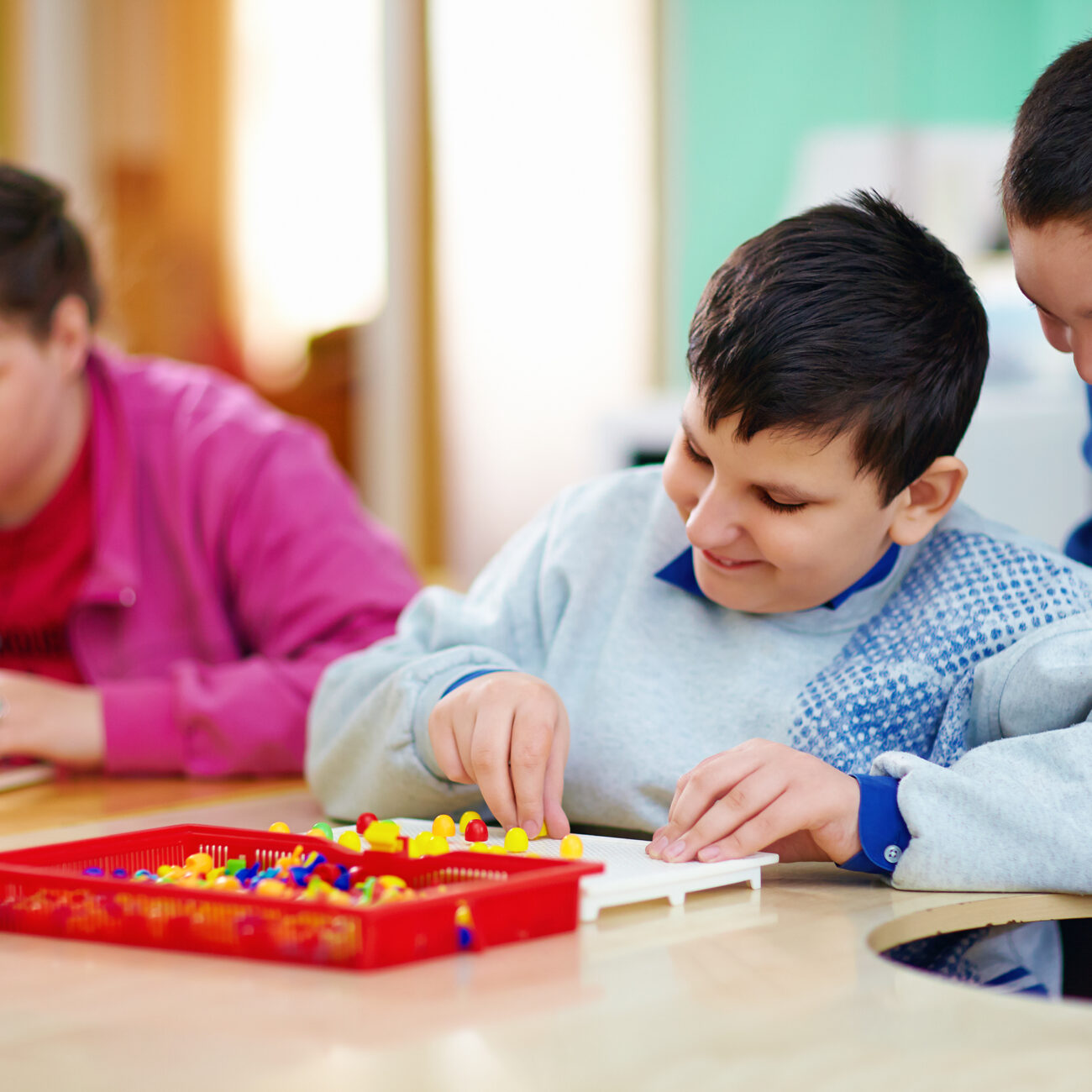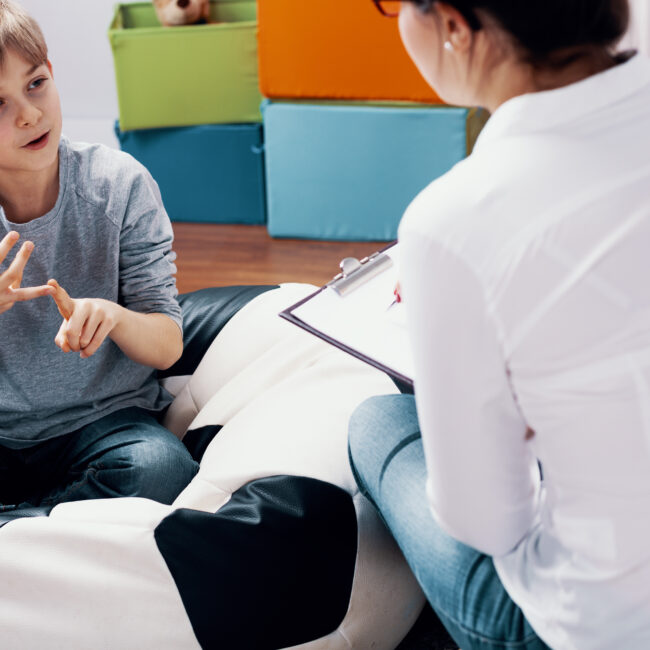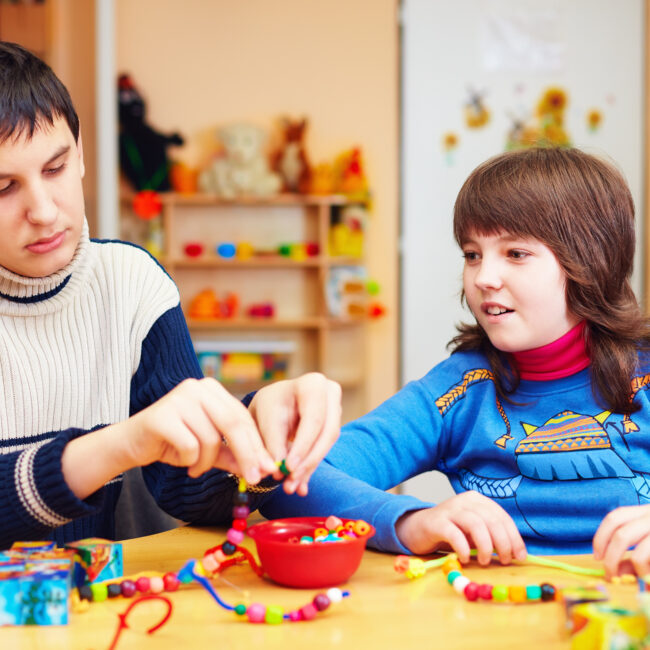





Welcome to Rotherham SEND
Local Offer
Here you will find help, advice and information about the services available for your child or young person from birth to 25 years with a Special Educational Need or Disability (SEND).
It is part of Rotherham’s graduated response to special educational need and disability.
Categories

About SEND
General advice and information about the world of SEND in Rotherham.
Health and Wellbeing
Advice and information about health services in Rotherham.

Advice and Support
Find help, information and support services across a whole range of areas.

Money
Information about financial support for families.

Early Help and Social Care
Advice on support for families needing extra help caring for a child or young person with SEND.

Education
Education services, finding schools and childcare and SEN transport. There is also a section on support in education and education health and care plans.

Preparing for Adulthood
Information about help and support for young people aged 16 and over. It includes options for education, training, employment, independent living, travel and community inclusion.

Schools and Activities
Information about schools, colleges, and activities.

Travel
Information about transport and help with travel.



